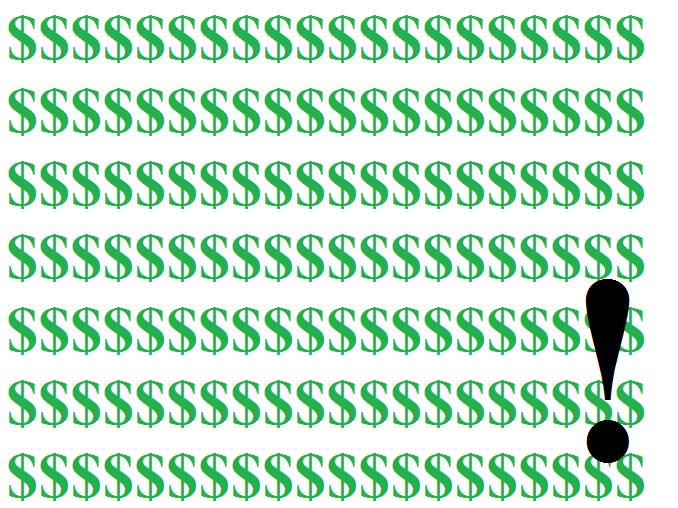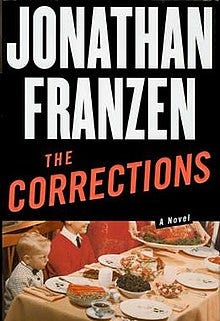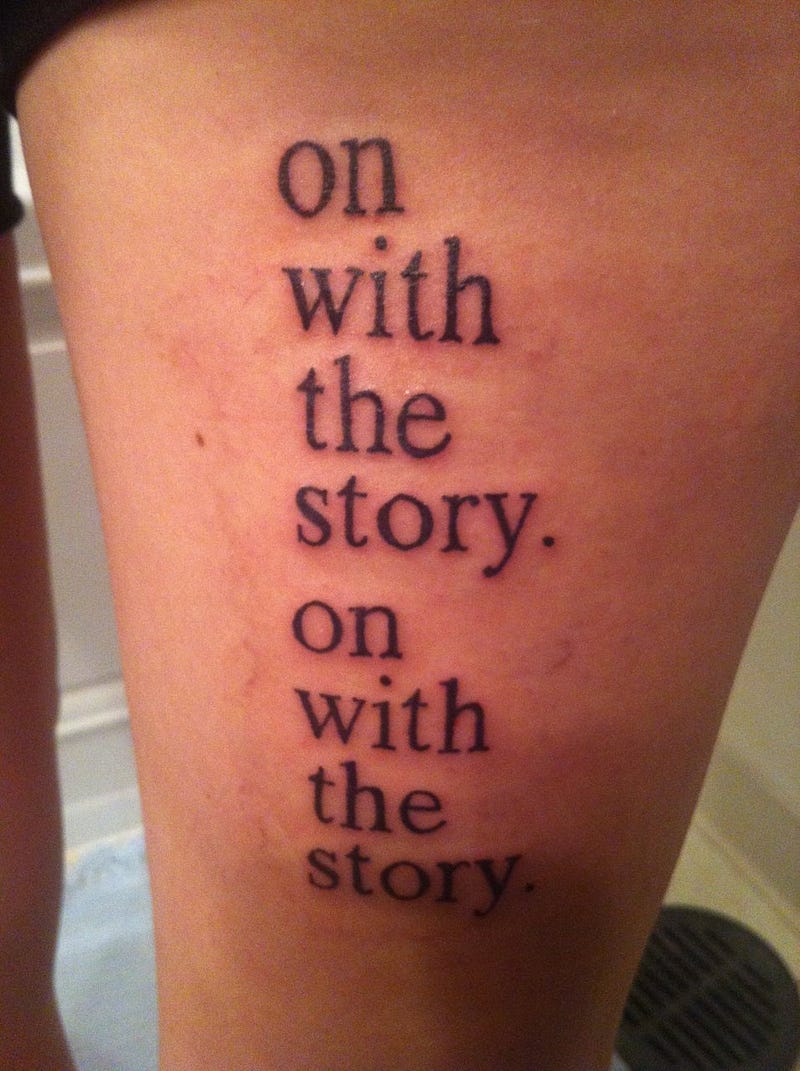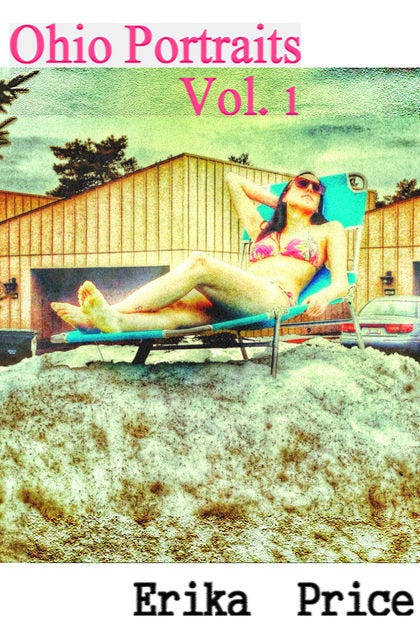The Ethics of Sharing Pain Online
I took up writing because I needed it to survive. I had no one to talk to, and so much pain I wanted to express. I could hear fully-formed sentences in my head and I wanted them out. I had trauma to explore, and no better way to do it. Writing about pain saved me, after a few years of getting good at it. And then it more than saved me: it turned profitable. And I’m still unsure how to deal with that.
— — — —
I started out as a fiction writer. I was in graduate school, for psychology, and deeply lonesome and depressed. I’d moved to a new city, knowing no one, at the age of 21. I’d broken up with my boyfriend, moved into a silent studio with a single window facing a dingy brick wall. The winter seemed so long. The time difference made the nights seem longer than they’d ever been in Ohio. The world was dark and I shivered and sputtered with tears in the shower, prayed for help though I had no one to pray to.
And then I took up reading again. Not journal articles or dust psychology texts. Fiction. I found The Corrections in The Armadillo’s Pillow, a used book store a block from my house. I’d read the book in high school and been enchanted by it — I loved Chip’s brittle, entitled personality, the wandering, selfhood-seeking mistakes made by Denise. I connected to the book’s portrait of Midwestern niceties, how self-defeating and isolating they could be.
I’d listened to an audio book of it a few years later, on an exercise bike in my college rec center. Now the book called out to me again, and paging through it, I felt no desire to stop existing. I felt seen, and held by it. Like the book’s central characters, I was always trying to correct for my parents’ lapses by running thoughtlessly into mistakes that were diametrically opposed to the ones they had made. They had never moved away from town. I moved away unprepared. They went with a traditional life that maybe wasn’t well suited for them. I avoided doing anything that smacked of traditionalism, but had no positive desires. Only things I was avoiding.
Nowadays, I think of Franzen as a bit of a hack, a churlish, sexist pig who only had one good book in him, but who kept writing lesser versions of that same book for decades to come. But back then, my feelings for the book were not so tinged with resentment and complexity. Reading The Corrections, I forgot about myself and my pain entirely. It was a balm I desperately needed.
I returned to the book store and bought short-story collections, literary magazines, sci-fi novels. I worked my way through Franzen’s other books, then set my eye on his onetime-rival David Foster Wallace. In a boyfriend’s apartment by the train tracks, I read Infinite Jest all the way through. It took the better part of an awful December. Then I read books about the book. Then I read Ulysses. Then I read The New Bloomsday Book. I read a ton of John Barth and got really into it for some reason. I tried to read Gaddis’ The Recognitions and got bored with it.
I started writing, because reading had made it easier to hear my own voice. I wasn’t one of those pretentious literary fiction fans who was certain I could rise to the levels of my then-heroes. I didn’t want the glory, and certainly didn’t feel entitled to it. But I was lonesome, and my world was quiet, but my head was full of other people’s words, and sometimes through the silent din of the things I had read, I could hear my own ideas and I had to jot them down.
Story ideas usually came to me when I was binge eating or taking long walks to recuperate from binge eating. Ideas came when they wanted to come, fully formed and compelling me to address them. I’d have to stop what I was doing and get to writing immediately, usually on the notes app of my phone. The resulting material was typo-ridden, sloppy. But there was volume. I had no one to talk to. So I had a lot to say.
For years after that, I wrote novels and short-stories. I put them up on Tumblr, where a few surprisingly connected with an audience. It’s odd; nobody on there wants to read more than 200 words now. But from 2011 to 2013, I posted short stories of 2000 to 3000 words on there on a regular basis, and people liked them enough to share them or reach out to me. I serialized novels on there, and one did well enough that once I converted it into an ebook, it got over 3,000 downloads in the first few months.
I wasn’t a good writer. My stories often went nowhere; they were all about sick, struggling, bitter people who had too much wit and too little emotional intelligence. They all ended with death or mourning or someone walking around, languidly thinking about how much life sucked. But that was what I knew. So of course that was what I wrote about. I could string together a sentence though, by the end of it. Lord knows I’d given myself a lot of practice, jabbing at my phone on the Lakeshore Trail, day and night.
At some point, though, even I noticed how autobiographical my stories were. My characters all struggled with isolation, self-doubt, resentment, and weakness of spirit. They all felt uncomfortable in their bodies. They were all seemingly smart, but unable to use those smarts to anybody’s benefit, least of all their own. They were wracked with grief. They were usually close to asexual, or at least incapable of navigating desire.
I was writing about my own problems, of course, but I was also writing around them. I couldn’t make it too obvious. Besides, my problems were so common and boring. Grief, an eating disorder, loneliness, identity confusion. It was better to craft veiled representations of those things, hide the soul of them inside robots, have characters who did not resemble me give words to the things I felt.
It was better, until it wasn’t. I started writing short snippets about my childhood in Ohio, and posting them to my Tumblr. I called them my Ohio Portraits. At the time, I thought of them as scraps to be used later in proper, fictionalized stories. There were memories and odd instances and unique experiences that I wanted to document, but I didn’t know what to do with them. I hadn’t rigged an elaborate narrative device around them yet. So I typed them up, 500 words here, 1000 words there.
I kept working at it. I had so many memories that I didn’t want to lose, and they were so easy to jot down, so I kept going. I wrote hundreds.
I’ve implanted hardly any of those Ohio Portraits into fictional stories. Instead, some of those portraits have blossomed out, and become full-fledged essays and memoirs of their own. The collection of Ohio Portraits, itself, tells a narrative, too. It’s sloppy in places, and some portraits miss the plot, but on the whole my writing tells a story about who I am, and how various kinds of pain have shaped me. Crucially, the act of writing them taught me to introspect, and to share myself messily with the world.
They were my first real foray into confessional, autobiographical writing. And now that’s the main thing I do. The pain I used to write about, glancingly, from under a veil of fiction, is now what I offer up proudly on a plate. It’s something I’m very good at. And I’m not sure how ethical that is.
— — — —
I have written, in great detail, about an abusive ex-boyfriend who used to berate me and insult my body, who pressured me into sex I didn’t want to have, and who, after being dumped, stalked me and went on to terrorize other people. I’ve written about the lingering fear his abuse put in me, the way he made me hyper-vigilant and prone to screaming at cat-callers on the street. I’ve written about a young man who sexually assaulted me, and then died a few years later. In a major outgrowth of the Ohio Portraits themselves, I’ve written extensively about the verbal mistreatment my dad lobbed my way, and his sudden, traumatic death when I was 18. Recently, I wrote about a once dear friend who cajoled me into sex though a days-long campaign of wheedling and begging and prodding.
When I do a capable job of writing about such things, they connect with people. Sometimes, they go quasi-viral, net thousands or hundreds of thousands of reads. I get comments, I get tweets, sometimes I get money — on Medium, the money I get is proportional to the attention I get. So I come to relish even negative comments.
It’s odd, though, to feel delight seeing my dead dad’s face on Medium’s front page, and it’s weird to collect money for an essay about sexual coercion. When I got interviewed by Chicago Tonight about the use of trigger warnings in classrooms, it was only partially because I was a professor. It was just as much about my public status as a survivor of assault.
I wanted this attention, or else I wouldn’t have written so candidly about these experiences. I don’t feel shame seeing my name attached to these revelations. I know that, on balance, I’m probably doing some good for other survivors and sad, lonely people out there. But it’s still kind of icky, isn’t it? To share my pain on the anniversary of my dad’s death, knowing that since it is Valentine’s Day, it will make for a compelling story? To time an essay about sexual assault around the Aziz Ansari accusations?
Is it wrong to invite people into a performance of traumas that didn’t really happen to me, so much as a younger, more wounded version of me? What right do I have to tell that person’s story? Can I ever do it justice? Have I benefited so much, now, from my father’s death, that I don’t deserve to reap any more gains?Am I diluting what happened to me, by recasting my life to fit a public narrative that is playing out in our current events? Am I being honest enough? Is the story too tidy? Would a younger me agree with my perspective? Is there something wrong with the excitement I feel when my number of reads goes past 100,000?
I feel morally shaky about it all, and I know that I should, because I get energized when my trauma-essays are widely read. I feel nourished by the attention, and proud. Some of that is post-traumatic growth and redemptive healing and poetic and comforting crap like that. But some of it is prurient. I wouldn’t take back the bad things that happened to me. I would not undo them and lose all the essays I’ve written, all the interviews I’ve done. I wouldn’t know who I was without thos events. I sure as hell wouldn’t know what to write about. But that is perverse. I’m making 21-year-old Erika, and 18-year-old-Erika, and child Erika, pay in their tears for the glorification of 29-year-old me.
And I’m not gonna stop.
— — — —
I’m forever asking myself about how to do this ethically. My essay about Aziz Ansari & sexual coercion remained free on Medium until the moment I started getting tons of hate mail and undermining comments. I decided that switching the article to “paid” would filter out some of the most egregious trolls, and that I’d get financial compensation from all the other people who still bothered to come read the piece, even if they commented in a way that undermined it. My Trigger Warning essay was published for free (back when there was no other option on Medium) and will always be free.
I would still be writing these essays, even if Medium didn’t have a program to pay me for them. And I’d be self-publishing them, on this or some other platform of my choice, in nearly every instance. I’ve worked with magazines and editors. I’ve gotten paid for short stories, essays about my dead dad. But it’s a slow process and one that robs me of control. Editors fight with me over the pronouns in my bio; magazines delay payment for six months or a year. Some pieces never go live for no apparent reason. And, usually, my words reach fewer people when they’re published in a magazine rather than my own platform.
The $25 or $50 a magazine gives me for an essay isn’t worth the loss of control. I want to be able to post something quickly, when I am ready, when the moment is right. I want to be able to control how I tag it and title it, what photos I use. And, I admit it, I want more eyeballs on my writing. I want that more than a prestigious publication credit. I want attention. I really do. I get more attention on here than I do in The Rumpus or The Chicago Reader. And if the piece blows up, I get way more than $25 or $50.
— — — -
Now that Medium has a porous pay wall, I’m in the odd position of getting to choose whether to monetize my pain or not. It’s always hard to decide. Part of me thinks I’m entitled to compensation, no matter what I write. Part of me believes I should only monetize a piece if it required research and a great amount of effort. Part of me thinks I should never monetize something that could serve the public good. Part of me is always looking for a side angle, and doesn’t give a shit. Part of me knows that writing about sexual assault and stalking and death nets me more Medium-bucks than writing about recovery from my eating disorder, or about chinchillas, or pancakes.
But ultimately, I’ve always written what I was moved to write. I am a hobbyist. I started writing when I was in graduate school. The writing saved my sanity, made it possible for me to continue on and get my PhD. My trade and training, I am a social psychologist. It is my main source of income and my true area of expertise. I don’t write for the sake of my career, or my pocketbook (though the money is nice, and makes life easier and better). I write because I have shit to work out, trauma to recovery from, loneliness to conquer. Because the words still buzz inside me until I let them out.
And yeah, for attention. I want attention. It’s true. I write for that too.







